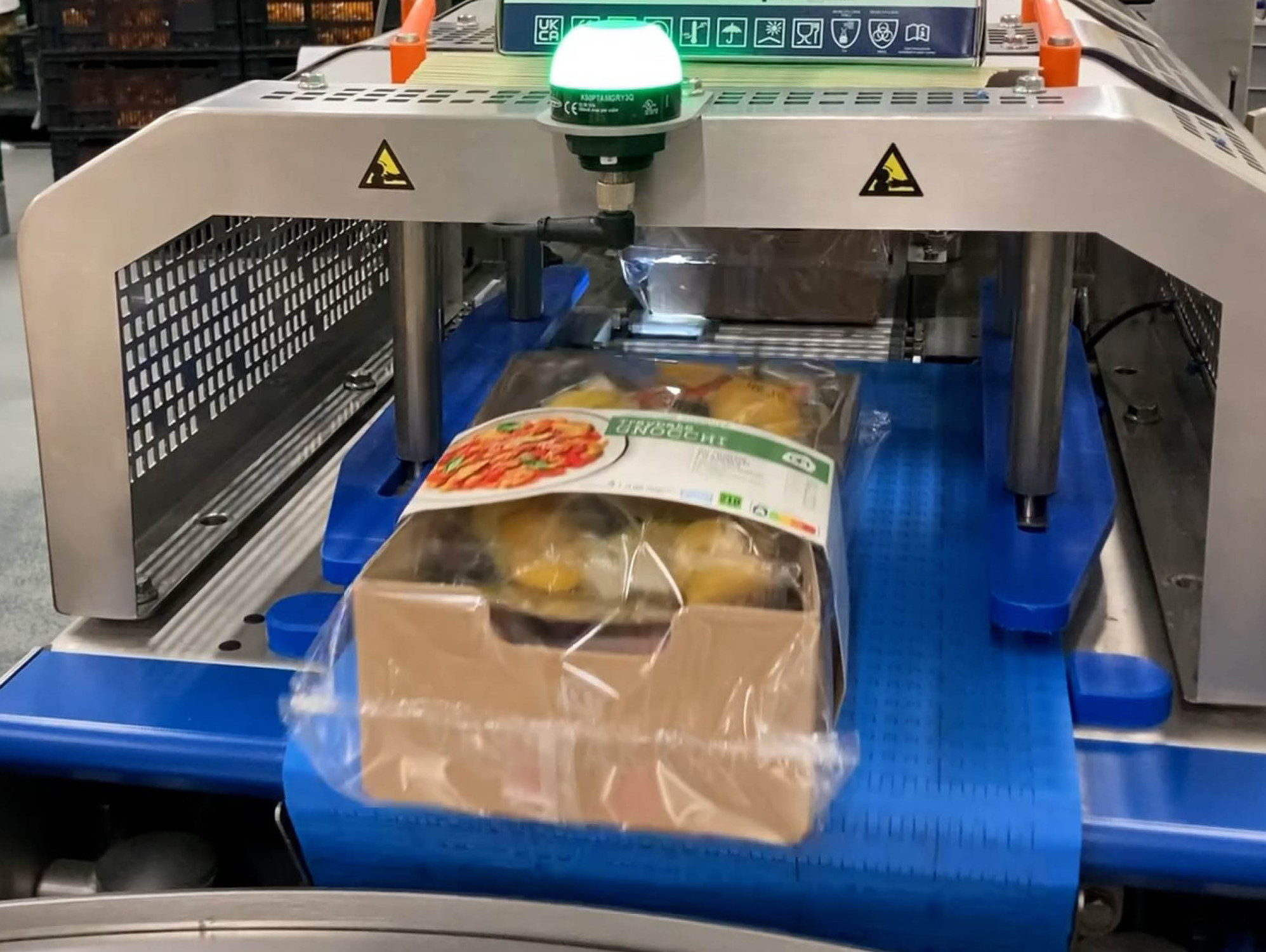
In the food industry, there's a growing trend towards automated production control. This shift isn't surprising considering the costly implications of errors, which can lead to expensive recalls and damage to reputation. Preventing these issues is a significant benefit of automation, but there are additional advantages.
Automating production control offers several benefits, including:
The scope for automated control in recent years has expanded remarkably. It's now possible to check various aspects, such as whether packaging has a readable barcode, whether the barcode is correct, or if a bottle is properly capped. The range of checks that can be automated is quite broad.
A real-world example can illustrate these points effectively. At Tuinderij Vers in Brielle, automated systems check whether the correct sleeve is placed on a product.
At the start of a production run, a Datalogic hand scanner is used to scan the barcode of the sleeve that will be used. This ensures that the Matrix scanner is prepared for the upcoming barcode. The products are then packaged, and a JASA sleever applies a cardboard sleeve around the packaging. Immediately after, the Datalogic Matrix barcode scanner checks if the correct sleeve is around the product.
If the barcode is correct, the package continues to the turntable. If not, the production run halts.
There's a video available showcasing this process at Tuinderij Vers, offering an in-depth look at how it works.
The variety of combinations of lenses and lighting in control solutions offers endless possibilities. The Sales Engineers at Automator are keen to collaborate with clients to tailor the right mix of solutions for specific applications.
www.automator.nl | +31 (0)10 415 64 00 | [email protected]
Source: Automator